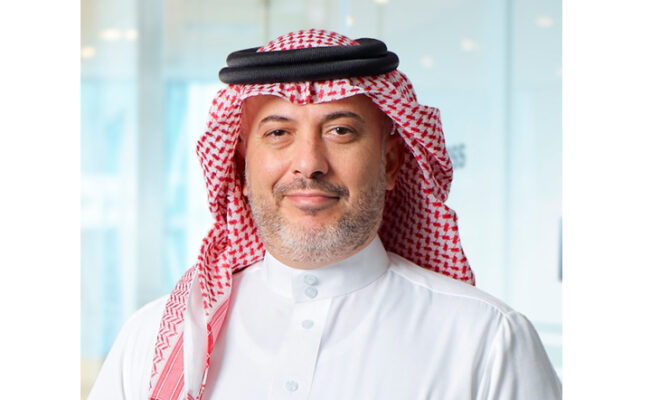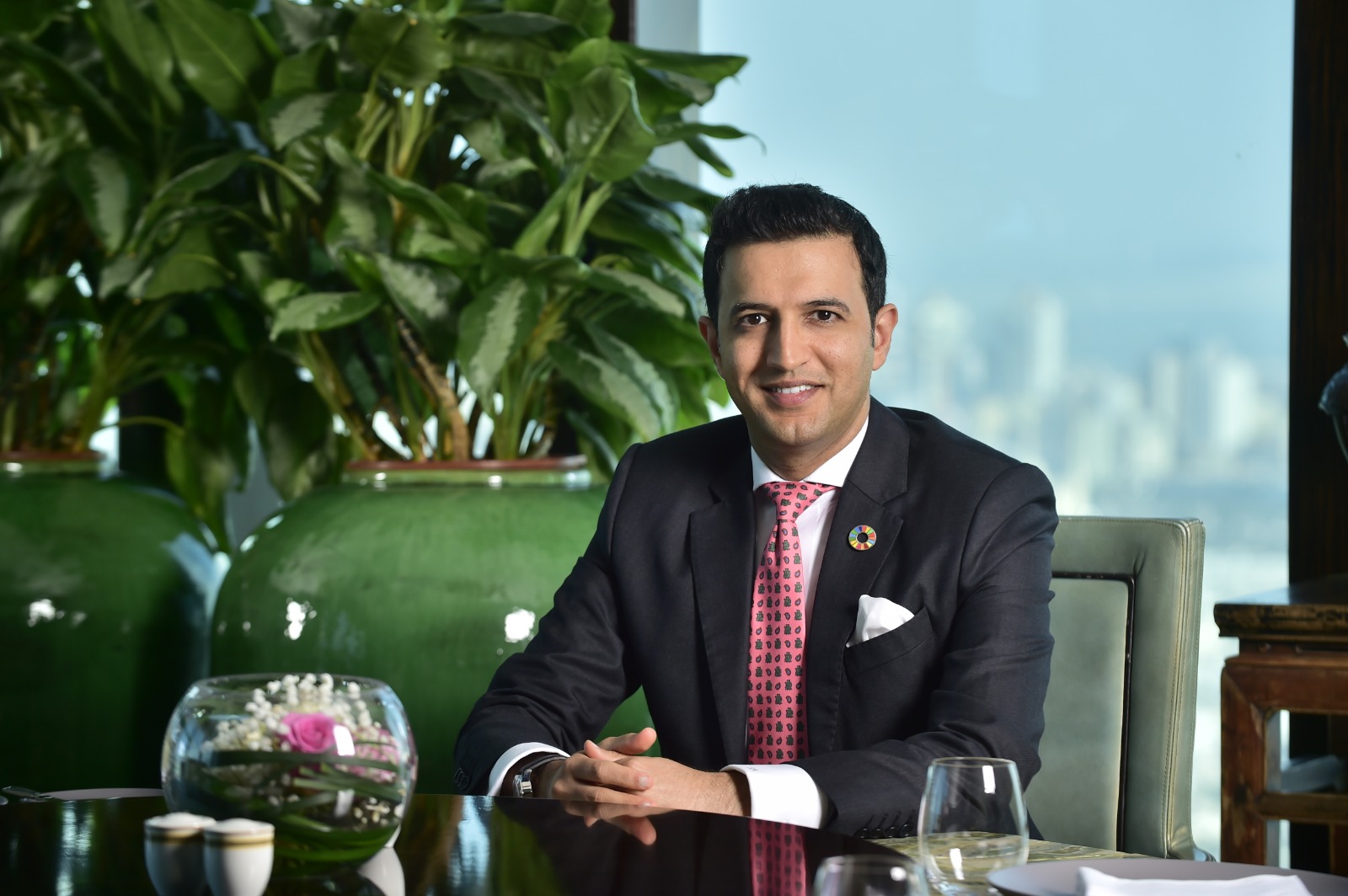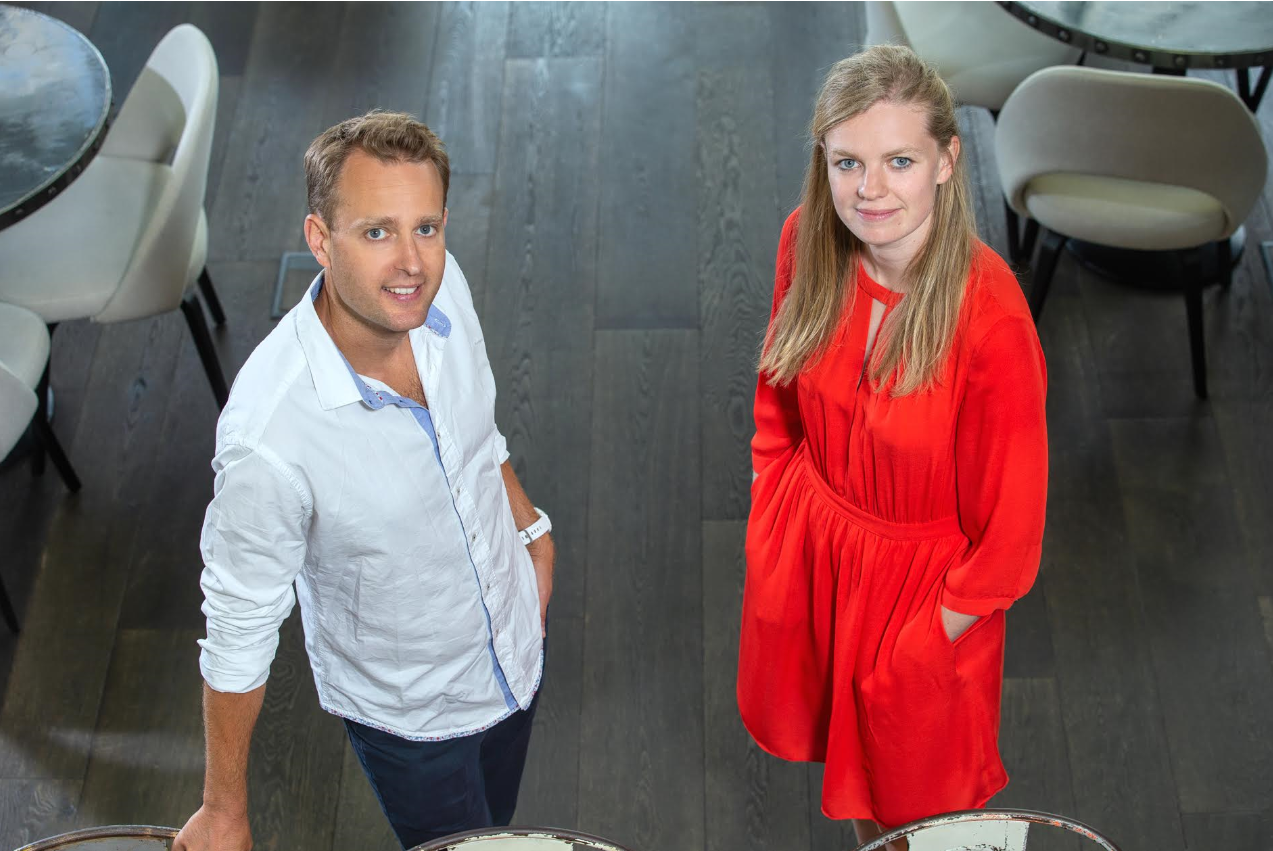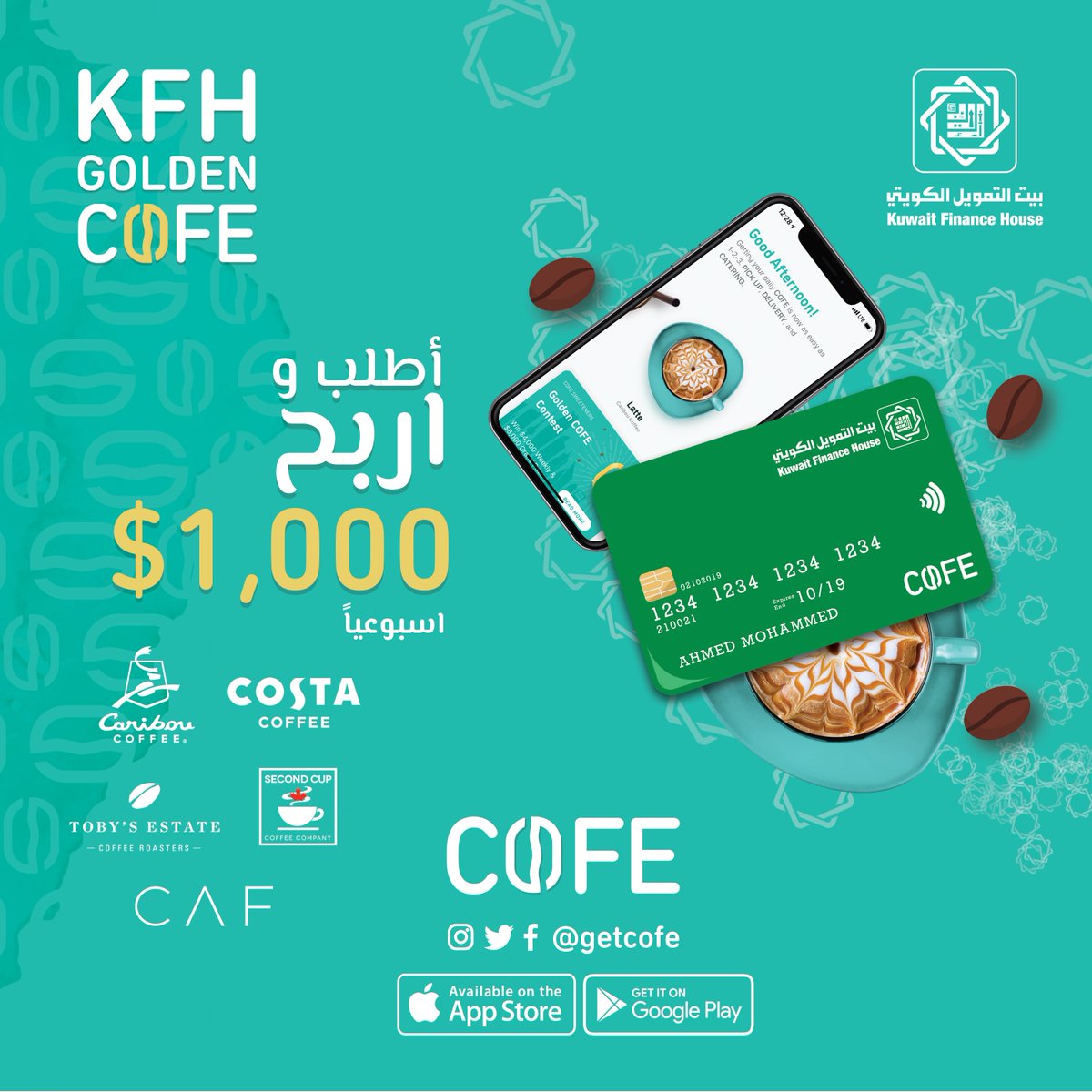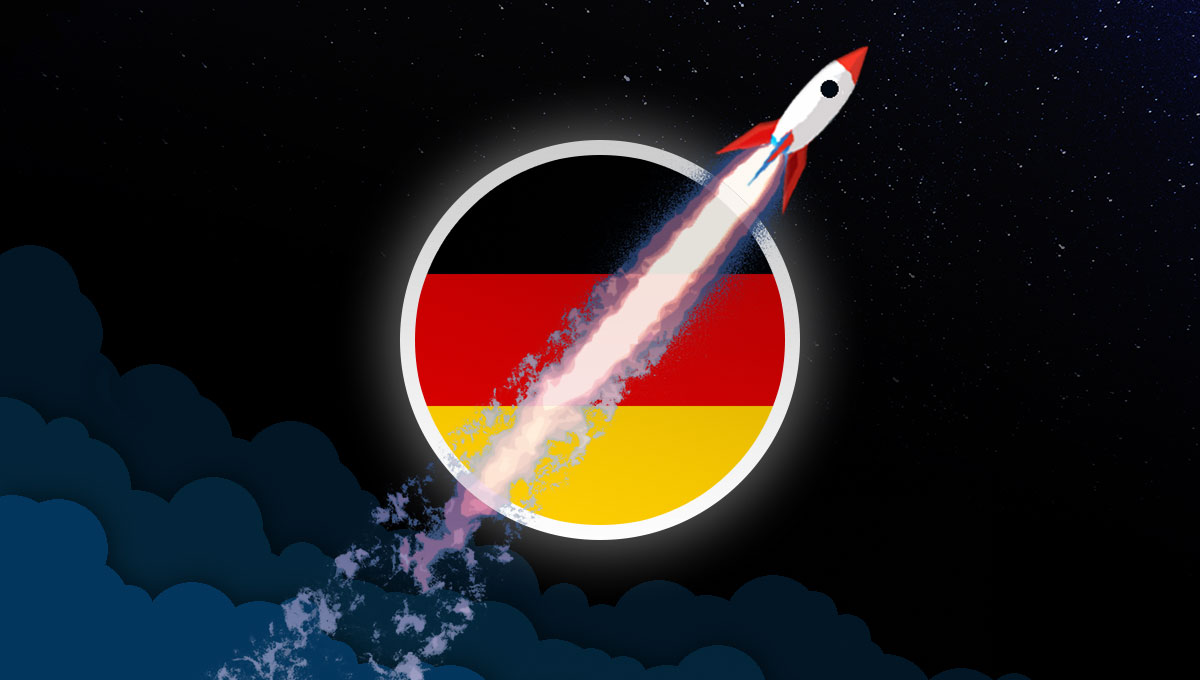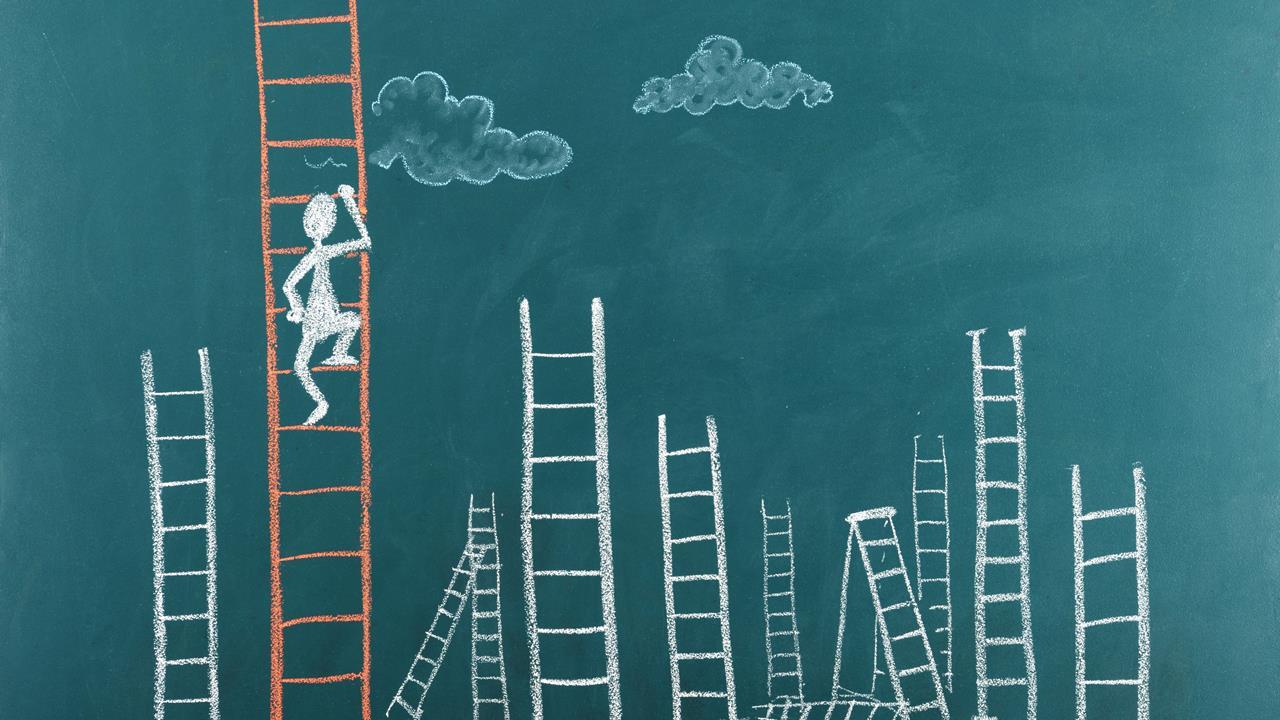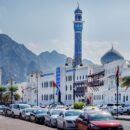EDB: DIRECT INVESTMENT FLOWS HIT A RECORD USD 1.1 BILLION IN 2022
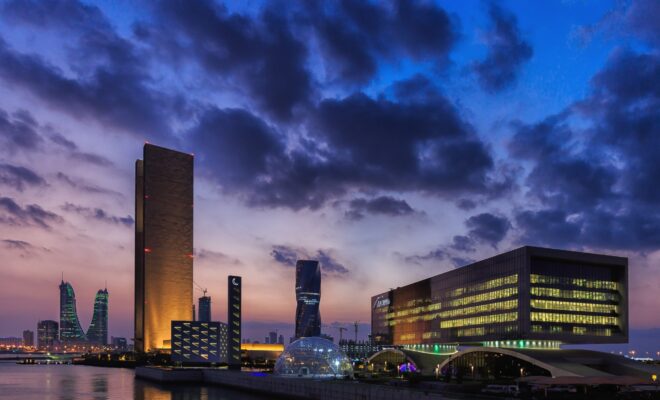
In 2022, the Bahrain Economic Development Board (EDB) the Kingdom’s investment promotion agency, supported by Team Bahrain, attracted over USD1.1 billion of direct investment, a record year for the Kingdom’s investment promotion agency. The EDB exceeded the USD1 billion target set by its Board of Directors at the beginning of the year.
The investments are from 88 companies and are expected to generate over 6,300 jobs in the local market over the next three years. The investments are in key sectors, including financial services, ICT, logistics, manufacturing, and tourism.
Under the Economic Recovery Plan, Bahrain will continue to enhance its business environment to increase foreign direct investment by more than USD2.5 billion by 2023. This includes streamlining commercial procedures to increase their effectiveness and easing business setup.
Commenting on the EDB’s record year, HE Khalid Humaidan, Chief Executive of Bahrain EDB said “The size of direct investment attracted this year is a testament to Bahrain’s attractiveness to investors. The Kingdom’s offerings include best value operating costs, the availability of a talented workforce, an advanced digital infrastructure and a forward looking regulatory environment.”
This year, Bahrain ranked first in multiple global indices, including the first in MENA for Financial Freedom, Investment Freedom and Trade Freedom according to Heritage Foundation’s Index of Economic Freedom 2022 and first in MENA for Economic Freedom according to the Fraser Institute.
Bahrain’s Foreign Direct Investment (FDI) inflows increased by USD1.766 billion in 2021, marking a 73% year-on-year increase and surpassing the global FDI average growth, according to the 2022 World Investment Report issued by the United Nations Conference of Trade and Development (UNCTAD). In 2021, Bahrain’s inward FDI stocks increased by 6%, reaching USD33.47 billion. This represented 86% of Bahrain’s GDP, ranking Bahrain as the highest in GCC and surpassing the global average of 47%.


